5 Foods That Are Ruining Your Gut and How to Fix it
Your gut plays a vital role in your overall health and well-being, so it's important to pay attention to the foods you're consuming that may be negatively impacting it. Here are five common foods that can ruin your gut, and what you can do to fix it.
1. Processed Foods

Processed foods are often high in sugar, salt, and unhealthy fats, and they lack the essential nutrients that your gut needs to function properly. These foods can disrupt the balance of bacteria in your gut, leading to inflammation, bloating, and other digestive issues. To fix this, try to limit your intake of processed foods and opt for whole, unprocessed foods instead. This includes fruits, vegetables, whole grains, lean proteins, and healthy fats.
.
2. Artificial Sweeteners

Artificial sweeteners, such as aspartame and sucralose, can cause disruption of gut bacteria balance and lead to inflammation and other digestive problems. Sugar, in any form, may be harmful to gut health, not just refined white sugar. A study found that participants who consumed a high-sugar diet reported increased constipation and poor overall gut function. To fix this, try limiting your intake of artificial sweeteners and opt for natural sweeteners such as honey, maple syrup, or stevia instead.
3. Gluten

Gluten is a protein found in wheat, barley, and rye that can be difficult for some people to digest. This can lead to inflammation and damage to the gut lining, resulting in conditions such as celiac disease or non-celiac gluten sensitivity. Recent research has shown that gluten, a protein found in grains like wheat and barley, deserves its negative reputation. Although those with Celiac disease are particularly affected, studies have found that gluten can cause stomach pain, bloating, and fatigue in people without the disease. Additionally, going gluten-free has been found to lower insulin resistance, inflammation, and risk of weight gain/obesity. To fix this, try eliminating gluten from your diet and opting for gluten-free alternatives such as rice, quinoa, or potatoes.
4. Dairy

Dairy can be a common trigger for those with lactose intolerance or a milk allergy. This can lead to symptoms such as bloating, gas, and diarrhea. Dairy may not be the optimal choice for stomach health, even if you don't have lactose intolerance. Research indicates that consuming dairy can alter the gut's bacterial composition within a few days, leading to the growth of strains associated with intestinal issues and inflammation. To fix this, try eliminating dairy from your diet and opting for non-dairy alternatives such as almond milk, coconut milk, or soy milk.
5. Fried Foods

Fried foods are high in unhealthy fats, which can lead to inflammation and damage to the gut lining. This can result in conditions such as irritable bowel syndrome (IBS) and inflammatory bowel disease (IBD). To fix this, try eliminating fried foods from your diet and opt for healthier cooking methods such as baking, roasting, or grilling.
Add a Probiotic Supplement to Your Diet for Extra Support

Research has shown that probiotics can provide a wide range of benefits for gut health. MenoSlim Pack is the best probiotic supplement which contains such ingredients which are beneficial to Gut Health.
Organic Berberine HCL Promotes gut microbiome balance: Berberine is a plant compound that has been used in traditional medicine for its antimicrobial, anti-inflammatory, and gut-regulating properties. Studies have shown that berberine may help improve gut health by reducing inflammation, promoting healthy gut bacteria, and improving gut barrier function. The human gut is home to a complex ecosystem of bacteria and other microorganisms, which play a critical role in maintaining digestive health. It help promote a healthy balance of gut bacteria, which can help support digestive health and prevent imbalances that can lead to digestive problems.
Glucomannan Improves digestion: Glucomannan is a soluble fiber that comes from the root of the konjac plant. It is known for its ability to absorb water and form a gel-like substance in the gut, which can help promote feelings of fullness and reduce appetite. Some studies suggest that glucomannan may also help improve gut health by promoting the growth of beneficial gut bacteria and reducing inflammation.
Vitamin E Reduces inflammation: Vitamin E is a fat-soluble antioxidant that may help protect the body from oxidative stress, which can contribute to inflammation and damage to the gut lining. Some research suggests that vitamin E may also help improve gut barrier function and reduce inflammation in people with inflammatory bowel disease (IBD).
Organic African Mango Extract: African mango is a fruit that has been traditionally used for its medicinal properties, including its potential ability to help regulate blood sugar levels and improve gut health. Some studies have suggested that African mango extract may help improve gut health by reducing inflammation, improving gut barrier function, and promoting healthy gut bacteria.
Conclusion
To sum up, the gut is a crucial aspect of overall health and well-being. It's essential to be mindful of foods that may harm it. Consuming a diet free of processed foods, gluten, dairy, artificial sweeteners, and fried foods can help improve gut health and lower the chance of digestive problems. Don't forget to add probiotics and fermented foods to your diet, which can aid in enhancing gut health by boosting the beneficial bacteria in the gut.


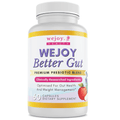
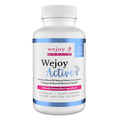



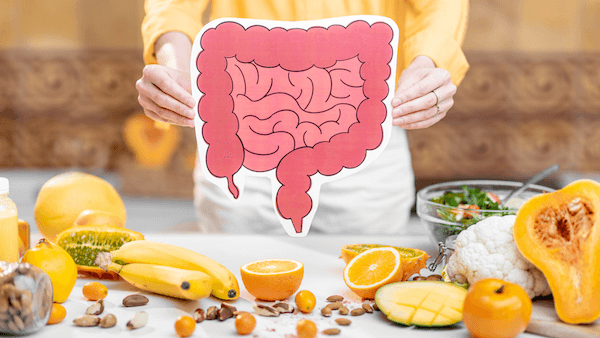

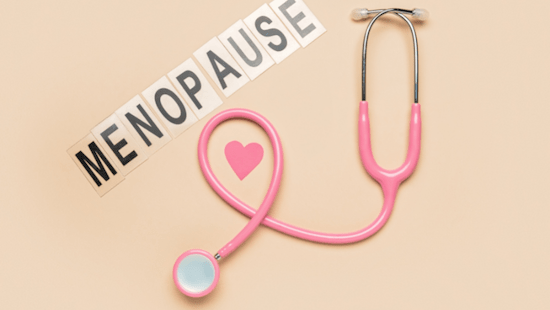

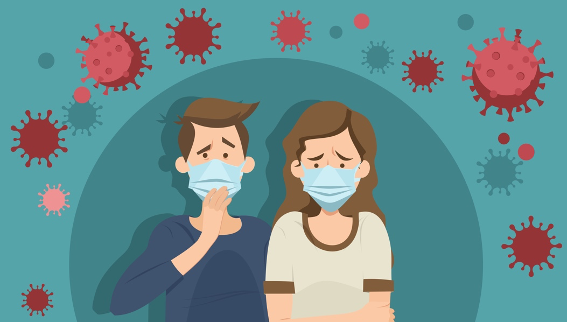


POST COMMENTS